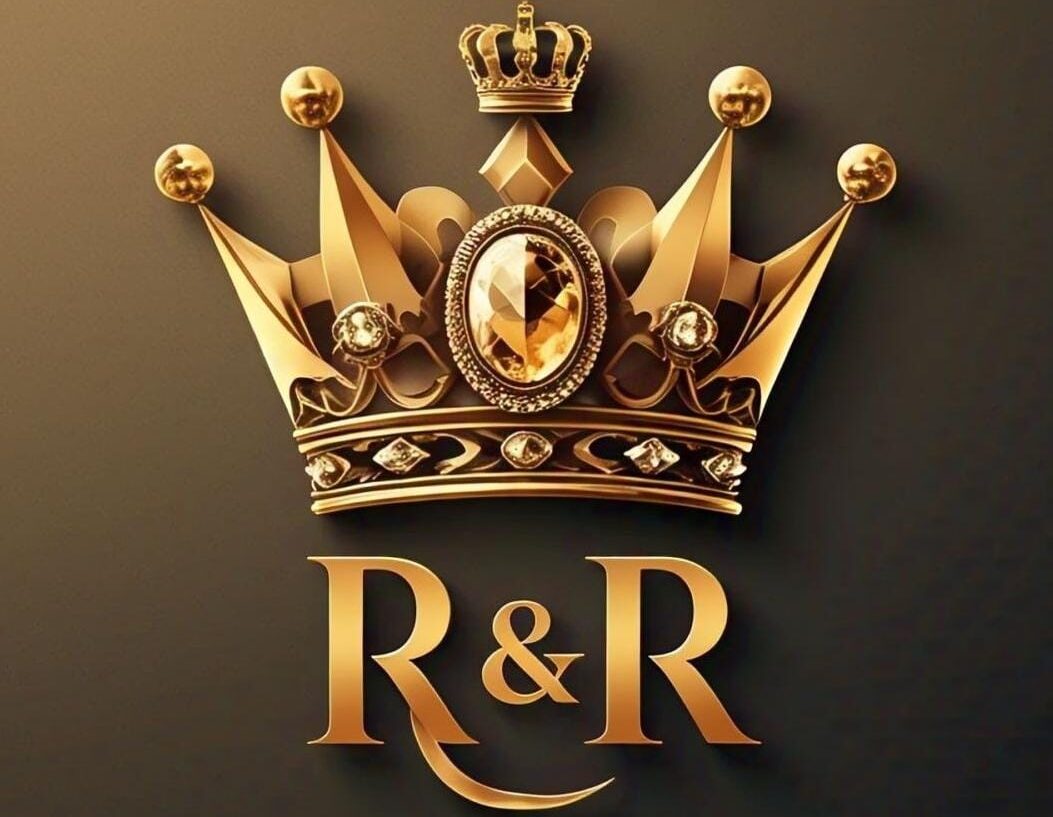How Do Movies and Music Shape Our Views on Culture?

Movies and music are powerful cultural forces that shape our perceptions, beliefs, and understanding of the world around us. These art forms are not only reflections of society but also influential tools that can both reinforce and challenge cultural norms. Through the stories they tell, the emotions they evoke, and the ideas they promote, movies and music play a significant role in shaping our views on culture.
Movies as Cultural Narratives
Movies serve as a mirror to society, reflecting its values, conflicts, and aspirations. They are often seen as cultural narratives that depict the world in ways that can both affirm and question the status quo. Through visual storytelling, movies can explore complex social issues, such as race, gender, class, and identity, allowing audiences to engage with these topics in a meaningful way.
For example, films like To Kill a Mockingbird and 12 Years a Slave have brought the harsh realities of racism to the forefront, challenging viewers to confront uncomfortable truths about history and its ongoing impact on society. These movies not only educate audiences about specific cultural and historical contexts but also provoke critical thinking about contemporary issues related to race and justice.
Movies also have the power to shape cultural norms by portraying certain lifestyles, behaviors, and ideals as desirable or acceptable. Romantic comedies, for instance, often present specific notions of love, relationships, and gender roles that can influence how viewers perceive their own lives. While these portrayals can sometimes reinforce stereotypes, they can also challenge traditional views by offering diverse and inclusive representations of characters and stories.
Moreover, movies can serve as a gateway to understanding other cultures. Foreign films and documentaries expose audiences to different ways of life, traditions, and belief systems, fostering empathy and global awareness. By immersing viewers in the experiences of people from different backgrounds, movies can bridge cultural divides and promote cross-cultural understanding.
Music as a Cultural Expression
Music is another powerful medium that shapes our views on culture, often serving as a form of cultural expression that reflects and influences societal values. Through lyrics, melodies, and rhythms, music can convey emotions, tell stories, and address social issues, making it a vital tool for cultural commentary and change.
Music has historically been a voice for marginalized communities, offering a platform to express resistance, resilience, and identity. Genres like blues, jazz, hip-hop, and reggae have roots in the experiences of oppressed groups, and their lyrics often address themes of struggle, empowerment, and social justice. For instance, hip-hop has been instrumental in highlighting the realities of urban life and systemic inequality, shaping listeners’ views on race, poverty, and activism.
In addition to its role in social commentary, music also helps to define cultural identities. National anthems, folk songs, and traditional music are often tied to cultural heritage and pride, reinforcing a sense of belonging and community. At the same time, popular music can transcend cultural boundaries, creating shared experiences and identities among diverse groups of people. The global reach of genres like pop, rock, and electronic music has led to the emergence of global youth cultures that share similar tastes, values, and lifestyles, despite geographical and cultural differences.
Music also plays a significant role in shaping cultural trends and movements. The fashion, language, and attitudes associated with specific music genres often influence broader cultural phenomena. The rise of punk rock in the 1970s, for example, not only brought about a new sound but also a subculture characterized by rebellion, anti-establishment views, and distinctive fashion choices. Similarly, the emergence of electronic dance music (EDM) in the late 20th century has shaped club culture, festival experiences, and even drug policies in various parts of the world.
The Intersection of Movies, Music, and Cultural Perception
The interplay between movies and music further amplifies their impact on cultural perceptions. Soundtracks, for example, are a critical component of film, enhancing the emotional depth of scenes and reinforcing the themes of the story. Iconic movie soundtracks, such as those from Star Wars, The Lion King, and Titanic, have become cultural touchstones in their own right, shaping how audiences remember and relate to these films.
Additionally, movies about music or musicians, such as Bohemian Rhapsody, Ray, and Straight Outta Compton, not only tell the stories of the artists but also highlight the cultural impact of their music. These films often explore the intersection of music, identity, and social change, offering insights into how music both reflects and influences cultural movements.
The collaboration between film directors and musicians can also lead to the creation of music videos that push cultural boundaries. Music videos, like those produced by artists such as Michael Jackson, Beyoncé, and Childish Gambino, often use cinematic techniques to address social issues, challenge stereotypes, and create new cultural narratives. These visual representations of music can resonate deeply with audiences, shaping their views on cultural topics ranging from race and gender to politics and social justice.
Conclusion
Movies and music are not just forms of entertainment; they are powerful cultural artifacts that shape how we view the world. By reflecting societal values, challenging norms, and promoting cultural understanding, these art forms play a crucial role in shaping our perceptions of culture. Whether through the stories they tell, the emotions they evoke, or the ideas they promote, movies and music continue to influence our views on culture in profound and lasting ways.

Tariq Riaz is a passionate web developer and content generation expert.









